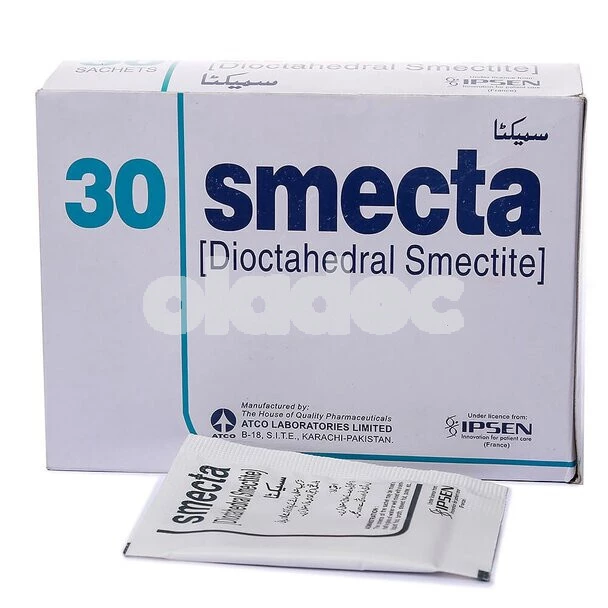With the outbreak of the COVID-19 pandemic, face masks have become an essential component of everyday life. Masks reduce the chances of spreading the virus and hence, regular use is strongly recommended in addition to frequent hand washing, sanitizing, and social distancing. As an integral part of the preventative regime, it is important to ensure proper care of your face masks. This is why we have built this definitive guide on how to sanitize masks.
Table of Contents
Reusing Masks:
One of the most frequently asked questions with regard to the use of face masks is whether or not they can be reused. The answer to this question is that in most cases, yes. Even disposable masks can be used more than once if you know how to sanitize masks properly.
Reuse and care of face masks today, have also become essential in the preventative regime against the virus. But in order to see how to sanitize masks, it is important to understand the different requirements for different masks, based on their types. Broadly speaking, face masks can be divided into 3 main types:
Surgical Masks:
These masks are designed with multiple layers to be fluid resistant and to block the passage of moisture particles. They help protect the transmission of virus particles from an affected person as well as prevent people from catching the virus by covering the mouth and nose of users. They are often characterized by their loose-fitting and disposable nature.
Cloth Masks:
As an economically effective option, people also use homemade cloth masks to prevent the virus. Cloth mask designs vary from the use of only a layer of cloth to the inclusion of additional layers of protection such as tissue paper, coffee filters, etc.
Respirator Masks:
These masks offer maximum protection by filtering out about 95% of virus particles. They are designed for doctors and medical specialists working in the healthcare department and it is generally recommended to leave them, front-line workers, in order to prevent their shortage.
Methods of sanitizing/disinfecting masks:
For Surgical Masks:
Disposable masks such as surgical ones can be reused if they are carefully removed after use through the ear straps. They must then to put aside at a clean place with good ventilation for a few days. For such masks, it is advisable to simply let them breathe instead of sanitizing them. Surgical masks must also not be washed as water would result in damaging its filter.
However, other sorts of face masks that are part of people’s preventative regime can be sanitized for reuse.
For Cloth Masks:
Cloth masks must be regularly and properly washed after each use. For these masks, the use of hot water and a liquid detergent/ cleaner/soap is ideal. Protein coating of the virus must be broken down in order to prevent its spread. The use of soap is one of the most effective ways of doing that. Hence, washing with soap or detergents is an efficient method of disinfecting cloth masks for reuse.
For Respirator Masks:
N95 and KN95 masks cannot be washed with detergent and water. Nor can they be disinfected using alcohol. Since they would damage the mask, these methods are not feasible. However, in order to decontaminate N95 masks, a number of methods may be used. These include the following:
Vaporized Hydrogen Peroxide:
Vaporized hydrogen peroxide was used by researchers at Duke Health in order to sterilize N95 face masks. At the University facility, “The HPV (hydrogen peroxide vapor) cycle included a 10 minute conditioning phase, 30–40 min gassing phase at 16 g/min, 25 min dwell phase, and a 150 min aeration phase (15). 100 N95 masks were hung from a metal rack in the center of the decontamination chamber while the cycle was run” Researchers were able to conclude that the process of using hydrogen peroxide in vaporized form can decontaminate the masks without damaging them while managing to successfully kill germs.
Dry heat:
According to a study by the University of Tennessee , “heating a mask at 70C for 30 minutes can provide decontamination to wash N95 masks or wash KN95 masks while preserving filter integrity.” Therefore dry heat could be one way of disinfecting the mask for reuse.
UV light:
Studies suggest that Ultra Violet Radiation may be used to kill Corona Virus germs. In fact, some hospitals are using “Ultraviolet Germicidal Irradiation” for his purpose. With the right quantity of dosage and appropriate penetration of light with the help of a UV-C lamp, UV light can be used to rid N95 masks from COVID-19 germs.
Warm Moist Heat (WMH):
This method involves the use of a container, filled with a liter of water. After placing a plastic support rack inside it, the container is heated in an oven for about 3 hours at 65℃. After 3 hours, the container is put back for another 30 minutes into the oven with the mask put onto the support rack.
It must be noted however, that the methods for sanitizing respirator masks mentioned above are suitable for laboratory settings and cannot be done at home.
The easiest way to reuse them at home is to store these masks in a breathable paper bag after each use for at least five days before reusing.
Suggestions mentioned in this article regarding how to sanitize masks may be helpful as preliminary steps for your preventative regime against COVID-19. However, for professional advice, book an appointment with a General Physician in Lahore, Islamabad or Karachi through oladoc.com, or call our helpline at 042-3890-0939 for assistance to find the RIGHT professional for your concerns.










